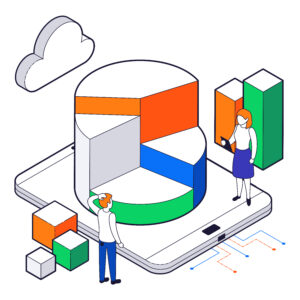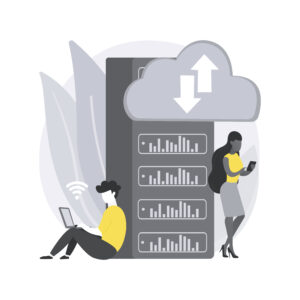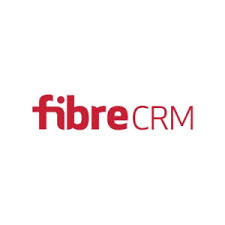6 Ways Cloud Computing Is Reshaping Accounting Firms

Accounting firms today face mounting pressure to deliver faster, more accurate financial services while controlling costs and navigating complex regulations. Cloud computing for accounting has rapidly moved from an emerging technology to an operational cornerstone for firms of all sizes. Industry data shows that over 89% of accounting firms now use cloud-based accounting solutions. This is a significant increase from just 62% five years ago. It underscores a clear shift in how firms manage their workflows and client relationships.
Here are six ways cloud computing is reshaping the accounting profession in 2025.
1. Flexible, Remote Collaboration with Cloud Accounting Software
The rise of hybrid and remote work has changed client and employee expectations. Cloud computing allows accountants and clients to securely access real-time financial data from any device or location. This capability ensures continuous workflow without the constraints of physical offices or legacy accounting software.
Recent surveys reveal that 75% of accounting professionals report increased productivity since adopting cloud tools that facilitate instant collaboration. This means less time wasted on back-and-forth emails or version control issues, and more time focused on delivering insights. Clients also benefit from greater transparency and responsiveness, transforming accounting engagements into ongoing partnerships.
2. Significant Cost Savings and Operational Efficiency Using Cloud Solutions
Cloud adoption helps accounting firms reduce IT costs dramatically. A study from Gartner in early 2025 provides an estimate. It suggests that cloud computing can cut IT expenditure for accounting firms by up to 92%. Firms avoid expensive server infrastructure. They also avoid licensing fees and ongoing maintenance.
More than just IT savings, automation capabilities in cloud accounting platforms significantly reduce transaction processing costs. They achieve a reduction of approximately 35%. This enables firms to handle higher volumes without corresponding increases in headcount. This is critical in an industry where labor shortages and wage inflation put pressure on profit margins.
3. Real-Time Financial Insights to Drive Better Accounting Decisions
Traditional accounting processes often involve delays, with clients receiving monthly or quarterly reports that reflect historical data. Cloud accounting platforms, in contrast, update transactions instantly. They provide accountants and clients with live access to cash flow. They also offer real-time access to expenses and liabilities.
According to Deloitte research, firms using real-time data through cloud systems are 40% more likely to provide strategic advice. This advice is forward-looking and influences client business decisions. This shift elevates the accountant’s role from compliance overseer to trusted business advisor.
4. Enhanced Security and Regulatory Compliance with Cloud Technology
Handling sensitive financial data demands stringent security protocols. Leading cloud providers invest billions annually in cybersecurity. They deploy advanced encryption and zero-trust architectures. AI-driven threat detection is used that many firms would struggle to match in-house.
Cloud accounting platforms help firms stay compliant with evolving regulations. They support regulations such as GDPR, SOX, and local tax laws. This is achieved by providing automated audit trails, role-based access controls, and continuous software updates. This reduces compliance risks and administrative burdens, which is crucial given the increasingly complex regulatory landscape.
5. Automation of Routine Accounting Tasks to Free Up Expertise
Repetitive tasks such as invoicing, bank reconciliations, and payroll consume significant time and are prone to human error. Cloud accounting solutions increasingly incorporate artificial intelligence and machine learning to automate these processes.
Automation can reduce manual data entry by as much as 45%, according to industry reports from 2025. This allows accounting professionals to concentrate on more strategic activities. These include financial planning, risk management, and advisory services. This shift in focus enhances client satisfaction and firm profitability.
6. Scalable Cloud Infrastructure Fuels Accounting Firm Growth and Innovation
Cloud computing offers flexibility unmatched by traditional IT systems. As accounting firms expand their client base, they require platforms that scale easily. Cloud platforms do this without costly hardware upgrades or disruption. They also help when firms diversify service offerings.
Integration with emerging technologies such as blockchain, advanced analytics, and robotic process automation allows firms to innovate continuously. PwC’s 2025 Global Digital IQ Survey reveals significant benefits. Accounting firms that adopt integrated cloud solutions report a 30% faster time-to-market for new services. This is compared to firms relying on legacy systems.
Cloud computing is now fundamental to the modern accounting firm’s strategy. It enhances productivity, reduces costs, improves security, and enables firms to deliver timely, strategic insights to their clients. The accounting industry is continuously evolving. Firms that fully embrace cloud technology are positioning themselves to lead in a digital-first economy.








